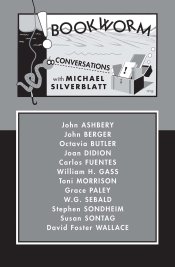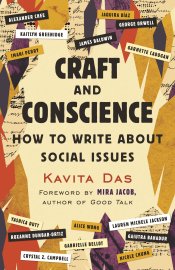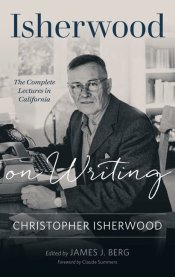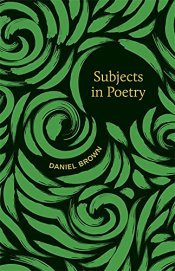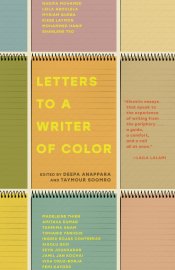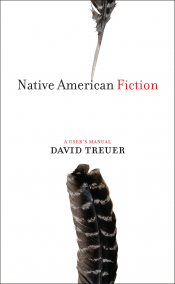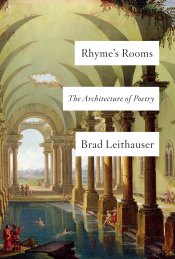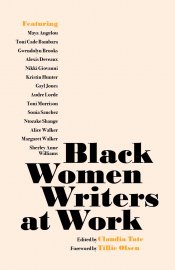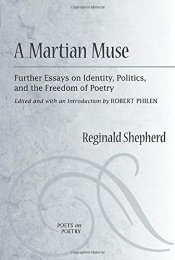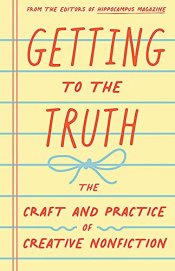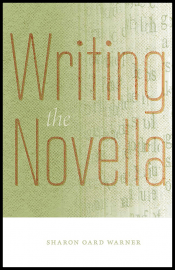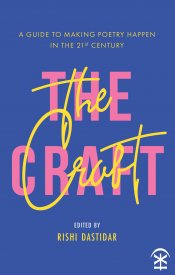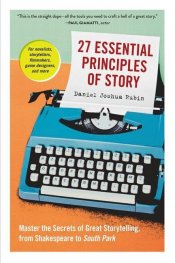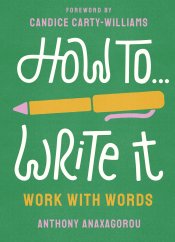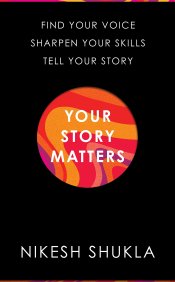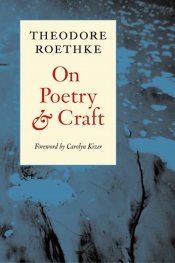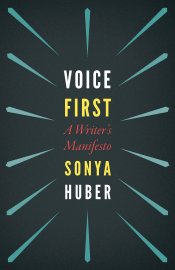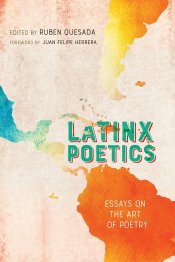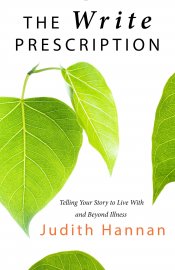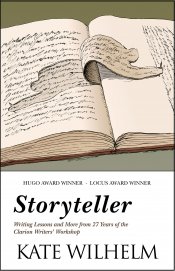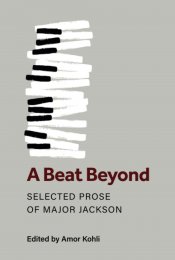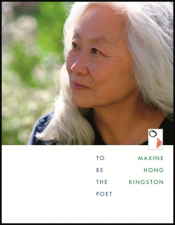Write Yourself Out of a Corner: 100 Exercises to Unlock Creativity
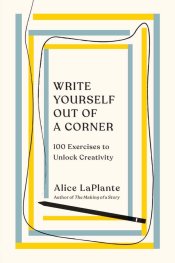
The author of the popular The Making of a Story: A Norton Guide to Writing Fiction and Nonfiction (Norton, 2007), Alice LaPlante draws on her experience as an award-winning novelist and editor as well as her two decades of teaching creative writing at Stanford University and San Francisco State University to compile a hundred original writing exercises. Each is inspired by the idea that creative constraints—using a predetermined set of words or a specific setting, or adhering to a certain word count or line length, and so on—can lead to unexpected and highly imaginative results. Designed for poets, fiction writers, and creative nonfiction writers, the prompts in Write Yourself Out of a Corner impose limitations intended to isolate and strengthen various elements of the writer’s craft, including dialogue, imagery, and emotional resonance.





